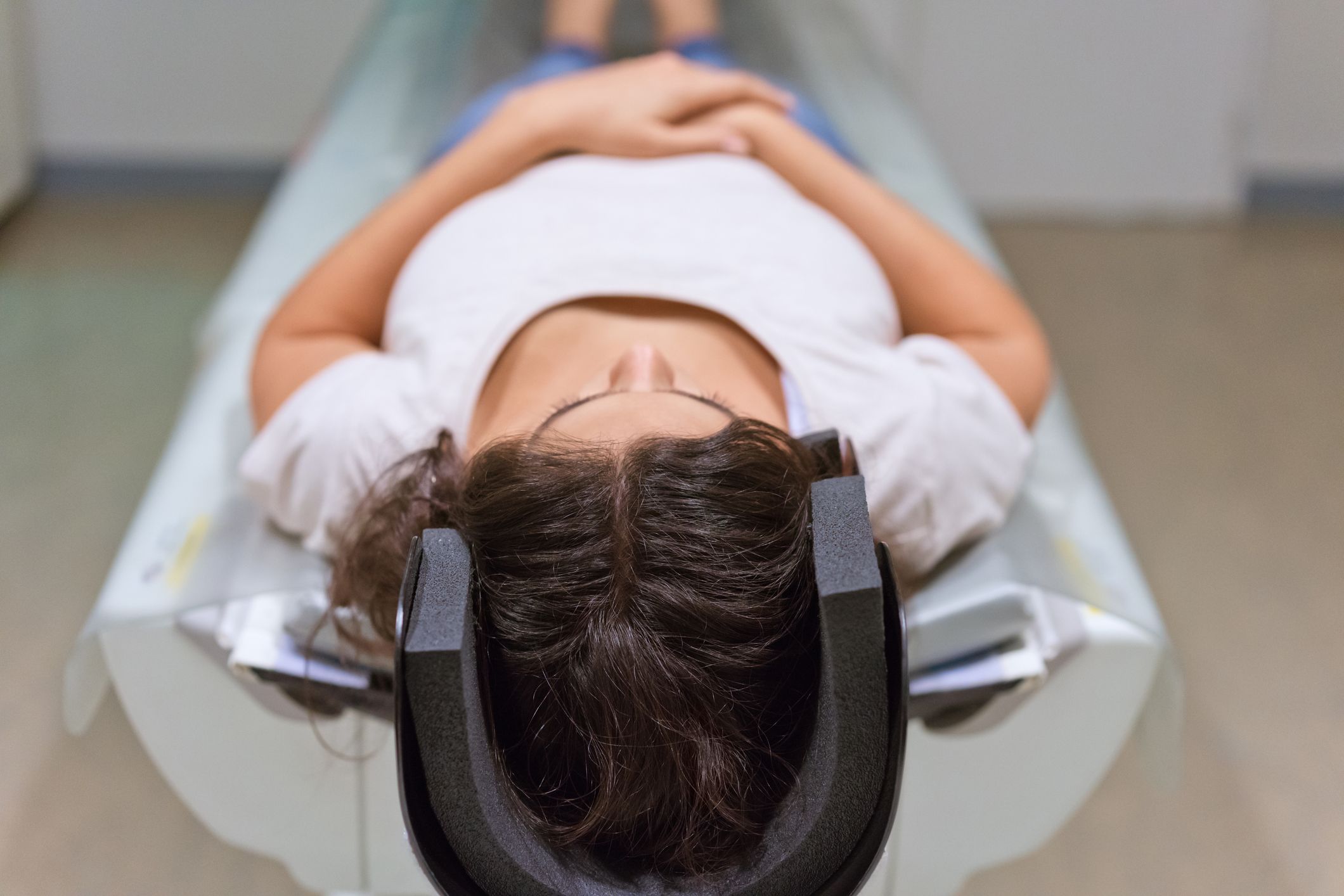Updated on January 15, 2025
If you look up multiple sclerosis (MS), the first description of the disease that you will see will likely involve the physical symptoms—changes to vision, difficulty with walking or coordination, tingling, numbness, loss of sensation, pain, and fatigue.
Further down in those descriptions, you might find mention of the mental and emotional changes that many people experience as a result of having MS.
It makes sense that much attention is focused on physical symptoms of MS—these are often the first symptoms that are noticed. But mental health is an essential part of a person’s well-being and quality of life, and mental health disorders can overlap with MS. One example is depression.
MS and depression
Depression refers to several mood disorders that cause intense low moods and sadness. It is a common mental health condition that affects hundreds of millions of people worldwide. It affects people with many different chronic health conditions, and is prevalent among people who have MS.
- Some studies estimate as many as 50 percent of people living with MS experience depression during their lifetime.
- Depression can be both a symptom of MS as well as a complication of MS, and it can occur at any time in a person’s life.
- Major depressive episodes can even precede other MS symptoms. Some people report major depressive episodes in the months leading up to a diagnosis of MS.
- MS is a condition that causes changes to the nervous system, including the brain. These changes may contribute to depression, as well as changes to cognition, behavior, emotions, and moods.
- The ongoing challenges of living with MS can also trigger or contribute to depression. Even when things are going well, many people with MS struggle with the uncertainty of what MS will be like in the future.
It’s important to mention that the severity of MS is not necessarily correlated with the risk of depression. Some people who have very severe MS symptoms do not experience depression. Others who have mild symptoms can and do experience depression.
It is also important to mention that care partners of people with MS are at a higher risk of depression.
Recognizing depression symptoms
Depression may be more difficult to recognize for someone who has multiple sclerosis. MS is a life-changing diagnosis, and a certain amount of grieving and stress is inevitable and expected.
The symptoms of MS and depression can also overlap—sleep disturbances, fatigue, difficulty concentrating, and emotional changes can be symptoms of depression and symptoms of MS.
Both the National Multiple Sclerosis Society and Mental Health America recommend people with MS pay attention to a few key symptoms of depression:
- Feeling sad, down, hopeless, and/or irritable
- Loss of interest and pleasure in activities you usually enjoy
- Experiencing these symptoms frequently for a period of at least two weeks
Another symptom to watch for—thoughts of suicide, self-harm, or violence. These are some of the most serious symptoms of depression, and studies have found that people with MS are at a higher risk of suicide.
If you are experiencing any of these symptoms, speak to your healthcare providers. These are serious symptoms that should be evaluated. These are also symptoms that a healthcare provider will be able to help you address.
Depression can be treated
Whatever the causes or contributing factors for depression, there are treatments that can help. Healthcare providers who are experienced with treating chronic conditions like MS will be familiar with depression and can help guide you toward treatment.
Treatment for depression will most likely involve therapy, such as cognitive behavioral therapy. Treatment may also involve taking antidepressant medications that can help alleviate symptoms.
It’s worth mentioning that treating depression may benefit your MS treatment. Treating depression has been associated with better adherence to MS treatments, less fatigue, less stress, and improved quality of life.
Depression can be a life-threatening illness. If you or someone you know is having thoughts of self-harm, suicide, or violence, seek help immediately. Call, text, or chat 988 to reach the 988 Suicide and Crisis Lifeline.






